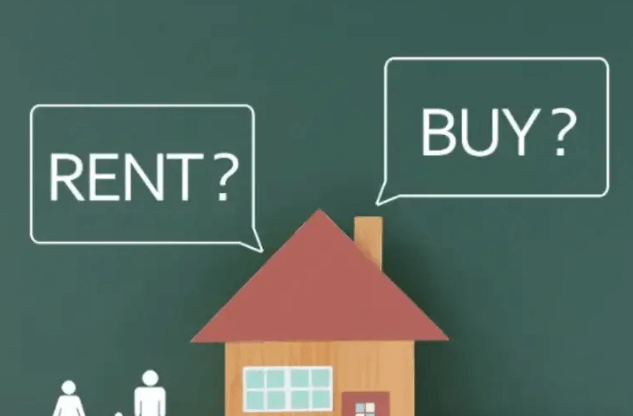Guide for the Modern Home Seeker: Renting vs. Purchasing a Home Explained

Introduction to Renting and Buying
Deciding between New Canaan homes for sale and renting is a pivotal moment in one’s life journey, especially in today’s fluctuating market. Navigating the decision between renting or buying a home is a complex task influenced by financial capacity and life priorities. Renting offers flexibility and is ideal for transitional phases such as job market changes or moving without property burden. On the other hand, buying a home symbolizes stability and realizing personal or familial dreams, offering potential for financial growth through asset appreciation. Understanding one’s goals and current circumstances is crucial in making the right choice.
Financial Implications of Renting vs. Buying
Buying a home involves substantial initial costs, including down payment and closing costs, which tax deductions on mortgage interest and property taxes can offset. Homeownership can act as a forced savings mechanism, gradually increasing equity over time. Renting, which requires less initial outlay, does not build equity and offers flexibility but may face issues like annual rent hikes influenced by market demand.
See also: How to Make Your Home Stand Out in a Competitive Real Estate Market
Lifestyle Factors to Consider
Lifestyle factors significantly influence the choice between renting or buying a property. Renters value mobility, simplifying life for those who frequently relocate and are still deciding to settle down. On the other hand, homeowners prefer a community with strong educational institutions or cultural amenities and enjoy the freedom to personalize and renovate their space. When evaluating these choices, it’s crucial to consider individual job security, family dynamics, and personal aspirations.
Real Estate Market Trends
Real estate trends significantly influence decision-making when renting and owning a home. Rapid home values can attract buyers and increase initial purchasing barriers in thriving markets. In slower markets, renting may be more viable. Understanding these patterns is crucial, as what works in one area may only apply to another. Forbes Real Estate Trends provides valuable data to help potential renters and buyers understand when it’s advantageous to enter the market.
Long-term Investment Considerations
Owning a home is often considered a sound long-term investment due to its gradual increases in value. It protects against fluctuations in the rental market and is a physical asset that can be used in different financial situations. Real estate is also seen as a hedge against inflation, with property values and rental incomes rising in response to inflating currency values. Renting offers flexibility and a lack of maintenance responsibilities, making it a relief for those prioritizing liquidity or relocation.
Expert Opinions and Case Studies
The rent versus buy debate is complex and personal, with stories from various individuals highlighting the importance of life stage and aspirations in making the most suitable housing choice. Expert opinions stress the importance of investing in oneself through education or a career before investing in property, emphasizing the need for a balanced approach that considers financial and personal factors.
Common Pitfalls and How to Avoid Them
Common mistakes when choosing between renting or buying include not accurately calculating homeownership costs, making decisions based on emotion, and not considering personal and financial readiness. To avoid these mistakes, comprehensive research and planning are crucial. Prospective homeowners should seek advice from experienced advisors, explore community resources, and prioritize personal financial health over societal expectations or trends.
Conclusion: Making the Best Decision for You
Rent or buy decisions are personal and influenced by financial circumstances, lifestyle, and market conditions. Understanding these options ensures they align with one’s current life phase and aspirations. The best choice should align with long-term goals and immediate needs, enabling personal and financial growth.




